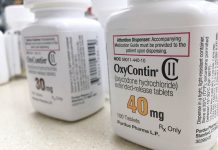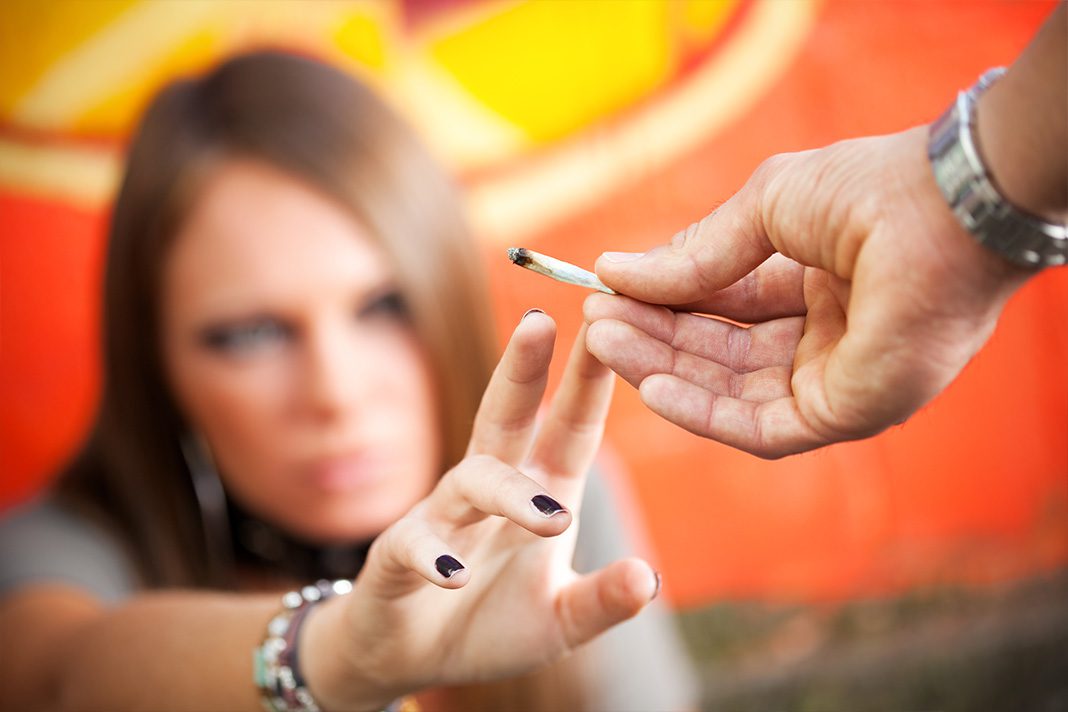A new study shows that marijuana use in teens has been on the decline, specifically in states where recreational use of the plant has been legalized.
Researchers have linked legalization of recreational use to an 8% decline in teens who said they’d smoked in the past month, and a 9% decrease in those who answered positively to having used at least 10 times in the same timeframe. The paper was published in JAMA Pediatrics, a medical journal.
One of the authors, Montana State University associate professor Mark Anderson, clarified that there was no direct correlation found between teen use and medical use legalization, but once recreational legalization came into play, the results did shift.
“Because our study is based on more policy variation than prior work, we view our estimates as the most credible to date in the literature,” he stated.
The dataset used for the study included information gathered from 1993 to 2017, sampling 1.4 million American high school students.
The researchers took the answers about self-reported marijuana use from surveys conducted over that timeframe and cross-examined those responses against the ones given in areas where medical or recreational use had been legalized – extrapolating the answers received before and after marijuana laws were implemented.
While medical legalization showed no substantial changes in the answers, recreational decriminalization was indeed linked to variations. However, scientifically, an association does not guarantee a causal relationship – and further studies will be required to solidify the link.
Anderson developed on this point: “Because many recreational marijuana laws have been passed so recently, we do observe limited post-treatment data for some of these states…In a few years, it would make sense to update our estimates as more data become available.”
Stanford’s Bonnie Halpern-Felsher, a professor of pediatrics in the famed institution’s Division of Adolescent Medicine, commented on the discovery – stating that this study does contradict other ones that claim there is no direct correlation between the factors, and that teen use remains unchanged.

























